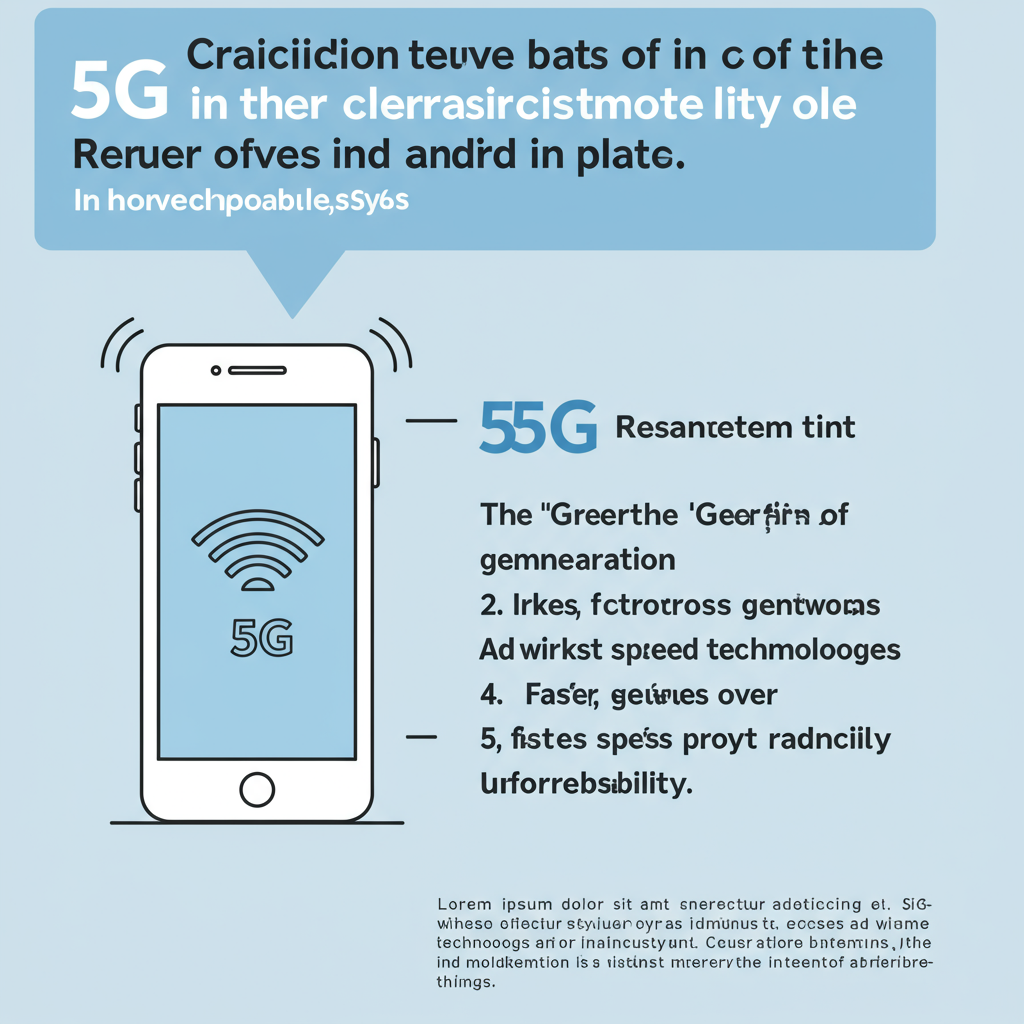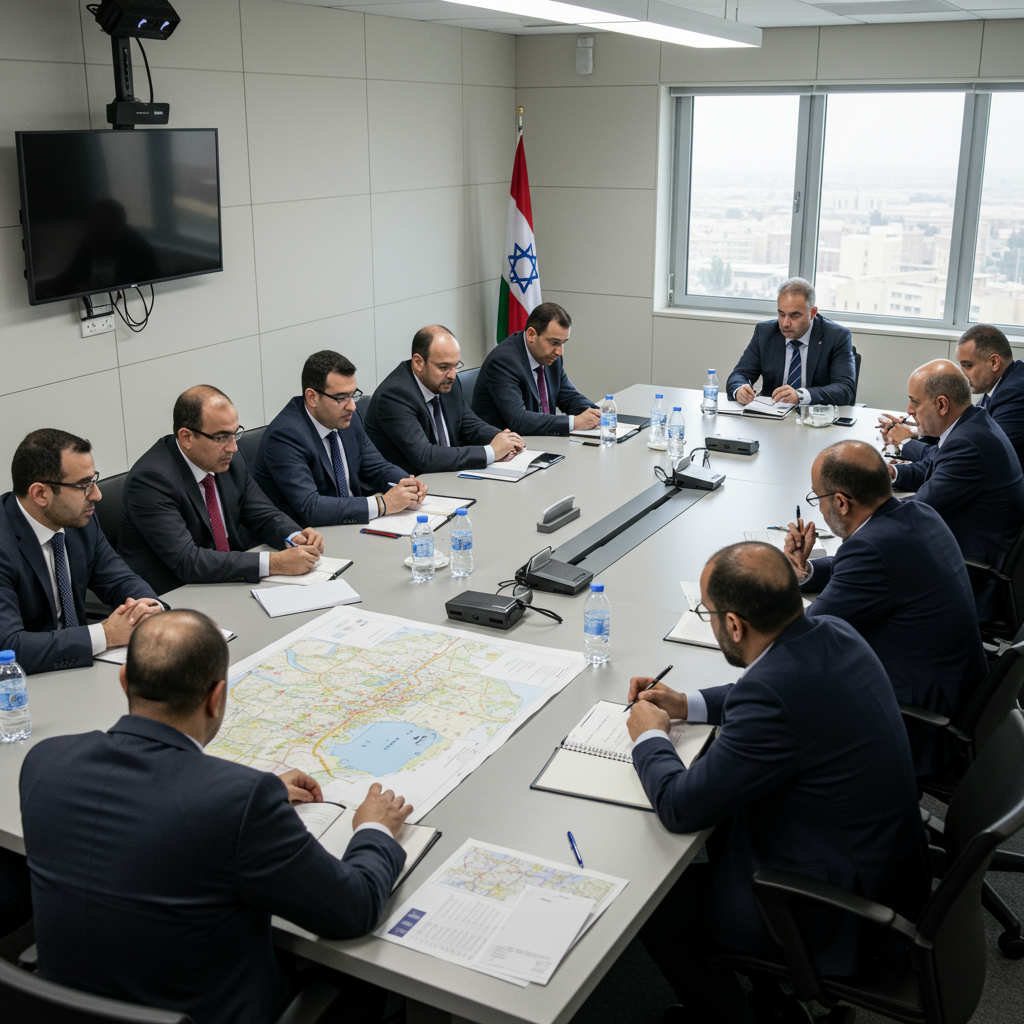Thousands gathered in Dharamshala, India, to mark a significant milestone: the 90th birthday of the dalai Lama. This July event wasn’t just a celebration; it highlighted the spiritual leader’s enduring message and the critical question of his future successor. Held at the Tsuklakhang tibetan Buddhist complex, the occasion drew global attention, blending spiritual reverence with the complex geopolitical realities surrounding Tibet.
A Historic Milestone in Exile
Despite heavy monsoon rains and thick fog blanketing the Himalayan foothills, devoted crowds filled the streets of Dharamshala early Sunday. People streamed towards the Tsuklakhang complex, hoping for a glimpse of the revered spiritual figure. Security was tight, with Indian police managing the large numbers of attendees vying for entry into the packed temple grounds.
Inside, the atmosphere was vibrant. Masked dancers performed traditional routines to the sounds of gongs and horns. Dignitaries, including Indian government ministers and long-time supporter Richard Gere, were present. The Dalai Lama was escorted into the complex, later enjoying a slice of birthday cake topped with fresh fruit and a white lily. The day’s events were the culmination of several days of observances.
Dharamshala has served as the headquarters for the Tibetan government-in-exile and the Dalai Lama’s home since 1959. That year, he fled Tibet following a failed uprising against Chinese communist rule. For Tibetans living outside their homeland, centers like Dharamshala are vital. They serve as epicenters for preserving Tibetan culture, religion, and identity. Attendees, like Namgyal Dorjee Gongpa who traveled from New Jersey with his family, emphasized the generational importance of participating in such a historic event. It allows younger Tibetans born abroad to connect with their roots and cultural heritage.
Messages of Peace and Longevity
In messages shared during the birthday period, the Dalai Lama reiterated core tenets of his teachings. He emphasized achieving inner peace through cultivating a good heart. He stressed the importance of compassion for others. His reflections included pledges to continue promoting universal human values and fostering harmony among different religions. He also highlighted the potential of ancient Indian wisdom and Tibetan culture to contribute positively to the world.
Addressing attendees at a ceremony on Saturday, the spiritual leader reassured them about his health. He declared himself in “great physical condition.” Strikingly, he also revised his personal longevity goal upwards, stating he now aimed to live to 130. This extended target offers hope to many who pray for his long life and continued guidance. Messages of goodwill poured in from around the globe, featuring in a video compiled by Tibet TV. Former US President Barack Obama sent warm wishes, praising the Dalai Lama’s compassion and advocacy for freedom. Indian Prime Minister Narendra Modi extended greetings from 1.4 billion Indians, calling him an “enduring symbol” of love and patience. US Secretary of State Marco Rubio also voiced support for preserving Tibetan heritage, including the right to choose religious leaders freely.
The Critical Question of Reincarnation
This particular birthday celebration carried heightened significance. At 90, the looming question of the Dalai Lama’s succession becomes more prominent. Tibetan Buddhism holds a unique belief in the reincarnation of enlightened masters. It is believed they can choose their place and time of rebirth driven by compassion. Traditionally, senior religious figures identify the reincarnation.
However, this spiritual tradition has become a flashpoint. It represents a major battleground for control over Tibetan hearts and minds. Days before his birthday, the Dalai Lama issued a clear statement. He affirmed that his office holds the “sole authority” to recognize his future reincarnation. He explicitly stated that no one else has the authority to interfere in this crucial matter. This declaration was welcomed by many Tibetan Buddhists. It provided clarity after years of uncertainty about whether the ancient institution would continue after his passing.
Tibetan devotees like Tenzin Nyidon expressed deep respect for the Dalai Lama’s decision. They see it as a thoughtful plan guided by Tibetan people and Buddhist traditions. Crucially, they voiced concerns about potential interference. They fear China’s “attempts to politicize” the process. Appointing a Chinese-backed Dalai Lama would be seen as a distortion of their faith. It would also be viewed as a strategic move to undermine Tibetan identity and culture.
The Geopolitical Battle for the Future
Beijing’s stance stands in direct opposition to the Dalai Lama’s declaration. The Chinese Communist Party is officially atheist. Yet, it insists it holds the sole authority to approve the next Dalai Lama. A spokesperson for the Chinese Foreign Ministry reiterated this position. They stated that the reincarnation must comply with Chinese laws and regulations. This means the search and identification process must happen within China. The final approval must come from the central government.
This assertiveness is part of Beijing’s broader campaign to “sinicize” religion. The goal is to ensure all religious practices align with Communist Party leadership and strengthen its control over Tibet. Beijing has long labeled the Dalai Lama a dangerous “separatist.” However, since the 1970s, the spiritual leader has pursued a “Middle Way” approach. He seeks not full independence but meaningful autonomy for Tibet. This would allow Tibetans to preserve their distinct culture, religion, and identity. This nonviolent approach earned him international support and the Nobel Peace Prize in 1989.
Despite this, the Dalai Lama’s global influence has been perceived by some as waning. His advanced age limits extensive international travel. He has not met a sitting US president since 2016, a contrast to frequent White House visits in earlier decades. Yet, the messages of support from world leaders on his birthday demonstrate his continued significance on the global stage. The struggle for control over his spiritual succession remains perhaps the most critical challenge facing Tibet and its cultural identity today.
Frequently Asked Questions
What is the significance of the Dalai Lama’s 90th birthday celebration?
The Dalai Lama’s 90th birthday is a major milestone, marking his long life and enduring influence as a global spiritual leader and Nobel Peace laureate. Held in Dharamshala, India, his home in exile, the event celebrated his legacy. It also served as a platform to address the crucial issue of his future reincarnation and the ongoing challenges facing Tibet.
Why is the Dalai Lama’s reincarnation a point of conflict with China?
Tibetan Buddhists believe the Dalai Lama’s reincarnation is chosen by spiritual means. However, China’s atheist government insists it has the authority to select and approve the next Dalai Lama according to Chinese law. This conflict is a struggle for control over the highest spiritual authority in Tibetan Buddhism and is seen by many as an attempt by Beijing to control and undermine Tibetan identity and culture.
Where did the Dalai Lama’s 90th birthday celebration take place?
The main celebration for the Dalai Lama’s 90th birthday took place in Dharamshala, India. Specifically, key events occurred at the Tsuklakhang Tibetan Buddhist complex. This city in the Himalayan foothills has been the seat of the Tibetan government-in-exile and the Dalai Lama’s residence since he fled Tibet in 1959.
Conclusion
The 90th birthday celebration for the Dalai Lama in Dharamshala was a powerful convergence of spiritual devotion and complex political realities. It honored a life dedicated to peace, compassion, and the preservation of Tibetan culture. At the same time, it starkly highlighted the crucial issue of his succession and the ongoing geopolitical struggle with China for the future of Tibetan identity. As the world watched, the event underscored the enduring importance of the Dalai Lama’s message and the significant challenges that lie ahead for the Tibetan people.



